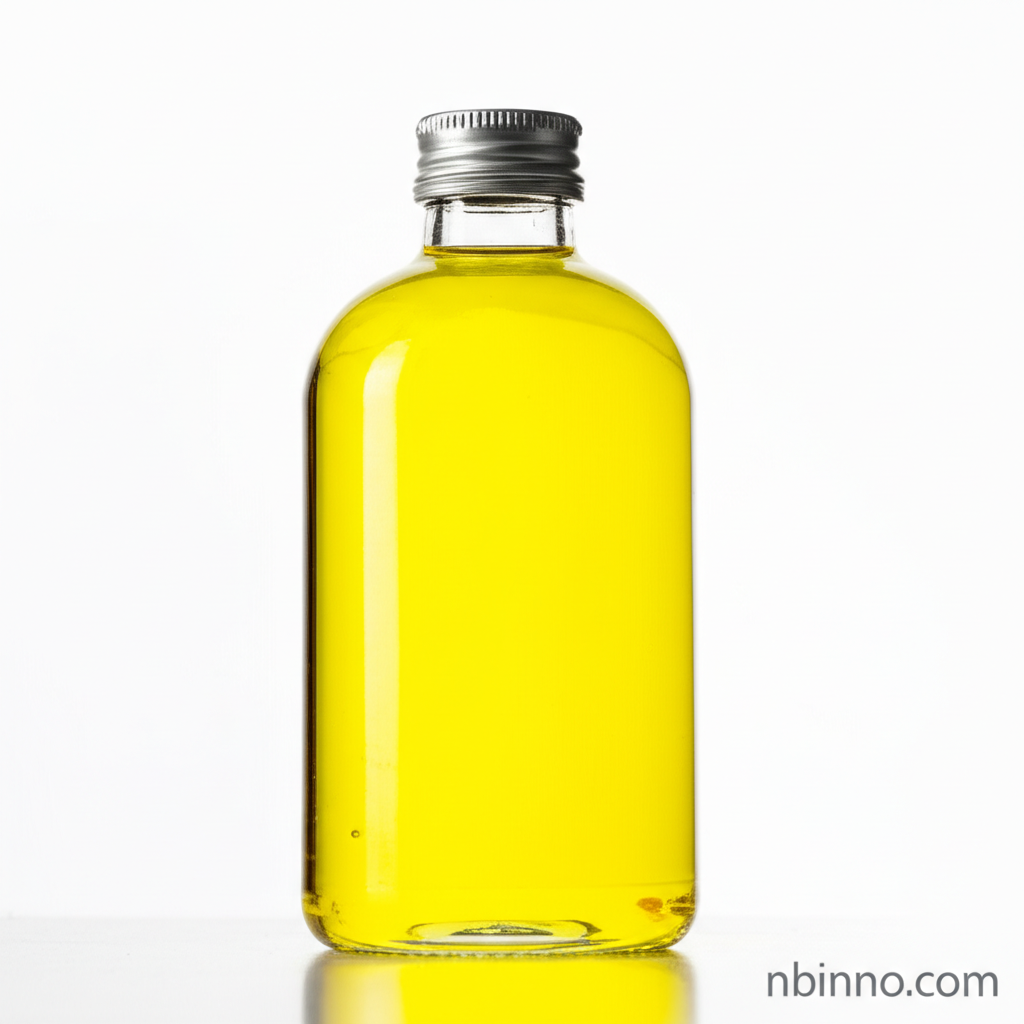Understanding Methylcyclopentadienyl Manganese Tricarbonyl (MMT): Properties, Applications, and Industry Insights
Explore the role, benefits, and controversies of this key gasoline additive.
Get a Quote & SampleProduct Core Value

Methylcyclopentadienyl manganese tricarbonyl
This organomanganese compound, commonly known as MMT, has been widely utilized as an octane enhancer in gasoline formulations. Its primary function is to increase the octane rating of fuel, thereby preventing engine knocking and improving overall performance. While effective, its use is accompanied by significant debate regarding its long-term impacts on vehicle systems and the environment.
- Discover the science behind how MMT boosts gasoline octane, a critical factor for engine performance.
- Understand the controversy surrounding methylcyclopentadienyl manganese tricarbonyl gasoline additive and its implications for automotive technology.
- Investigate the potential for manganese deposits in engine components and how this impacts vehicle longevity and efficiency.
- Explore the critical health impacts of MMT gasoline additives, with a focus on respiratory and neurological concerns.
Product-Driven Advantages
Enhanced Octane Rating
MMT significantly improves the octane rating of gasoline, preventing engine knock and allowing for higher compression ratios, which can lead to better fuel efficiency and power output when used appropriately.
Cost-Effective Octane Boosting
Compared to other methods of octane enhancement, MMT offers a cost-effective solution for refiners seeking to meet stringent octane specifications for gasoline blends.
Historical Industry Acceptance
For decades, MMT has been a recognized additive in the fuel industry, with historical data and testing supporting its efficacy as an octane booster across various engine types.
Key Applications
Gasoline Formulation
Used as an octane enhancer in unleaded gasoline to meet specific performance standards and prevent engine knocking, contributing to a smoother running engine.
Fuel Additive Market
A component in certain fuel additive packages designed to improve the overall quality and performance characteristics of gasoline, impacting the broader fuel additive market.
Octane Improvement
Directly addresses the need for higher octane fuels, playing a role in the development of formulations that can withstand higher compression ratios without pre-ignition.
Research and Development
Subject to ongoing research and regulatory review, its properties and impacts continue to be a topic of interest in automotive and environmental science, influencing future fuel additive development.
